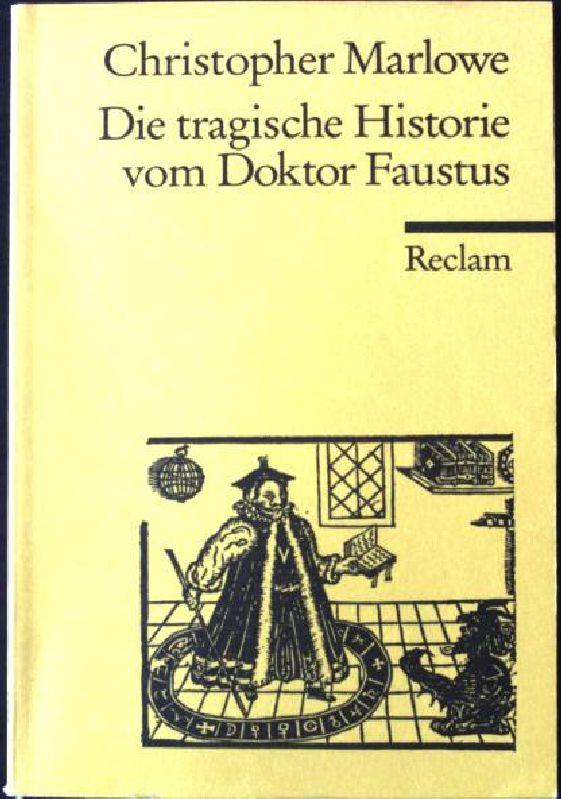
Finally, the complex ties between the Elizabethan Secret Service-of which Marlowe was a member-and the early modern royal courts across Europe provide evidence that the Reformation in England was shaped by far more complex-and even modern-ideas of religious diversity than we typically credit. Furthermore, repeated references to Poland and the beliefs of the Socinians suggest Marlowe's familiarity with the doctrine of the Polish Brethren.

Clues in Doctor Faustus and Massacre at Paris suggest Marlowe's skepticism concerning the doctrines of Catholicism, Lutheranism, and Calvinism. This essay uses historical and social network analyses to suggest a close tie between Marlowe's acquaintances and believers in Socinianism.

Finally, such a revision of demonic agency in the play also holds important clues for a new assessment of the play’s treatment of predestination and how it relates to contemporary orthodoxy.Īlthough scholars of both literature and history have made arguments for Christopher Marlowe's religious belief in Catholicism, the Church of England, and even atheism (which could have been conflated with both by different parties during his lifetime), few consider the belief system of the Polish Brethren, a precursor to Unitarianism established by one Faustus Socinus. However, while the devils’ role in Faustus’s downfall is constantly undermined in the A-text, the B-text is at pains to restore their credibility. This paper argues that by putting devils center stage, Marlowe exposes them to widespread anxieties concerning the visual representation of the supernatural, which further highlights the play’s heterodox, spiritualising tendencies. Elizabethan drama in general, and Doctor Faustus in particular, likewise entertained a fraught relationship with its own, visual mode of representation which was not free from contemporary anxieties about visual representation. While obsession with the Devil reached a high-water mark with the large-scale witchcraft persecutions of the sixteenth and seventeenth century, representatives of the Radical Reformation, such as Anabaptists, Libertines, or the Family of Love, began to question the existence of the Devil as part of a rigorous rejection of idolatry.

Christopher Marlowe’s Doctor Faustus powerfully epitomises the uncertainties and contradictions of the religious upheavals of the sixteenth century.


 0 kommentar(er)
0 kommentar(er)
